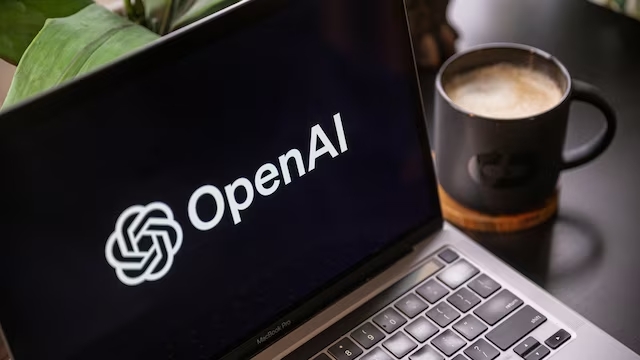OpenAI’s upcoming financing round is expected to be structured as convertible notes, according to sources familiar with the matter. The company’s $150 billion valuation hinges on its ability to overhaul its corporate structure and lift the profit cap for investors.
The $6.5 billion funding deal, details of which have not been previously disclosed, highlights the significant transformation OpenAI has undergone. Once a research-focused non-profit, OpenAI is now making substantial structural adjustments to attract further investment for its ambitious goal of achieving artificial general intelligence (AGI) — AI that exceeds human capabilities.
Investor interest in this substantial funding round has been strong, and the deal could be completed within the next two weeks, thanks to OpenAI’s rapid revenue growth.
Current investors like Thrive Capital, Khosla Ventures, and Microsoft are expected to participate, while new investors such as Nvidia and Apple are also set to join. Sequoia Capital is in discussions to return as an investor.
Should the restructuring efforts fail, OpenAI may need to renegotiate its valuation with investors, potentially resulting in a lower conversion rate for their shares, sources told Reuters on condition of anonymity.
In response to inquiries about the financing and potential changes, OpenAI stated that its focus remains on developing AI that benefits everyone and maintaining its commitment to its non-profit board. “The nonprofit is core to our mission and will continue to exist,” a company spokesperson said.
Removing the profit cap would require approval from OpenAI’s non-profit board, which includes Chief Executive Sam Altman, entrepreneur Bret Taylor, and seven other members.
The company has also explored with legal experts the possibility of converting its non-profit structure into a for-profit benefit corporation, a model similar to those used by competitors like Anthropic and xAI, according to sources familiar with the discussions.
It remains uncertain whether such significant structural changes will occur. Lifting the profit cap, which currently limits investor returns in OpenAI’s for-profit subsidiary, would potentially offer early investors even greater gains.
This move could also spark debates about OpenAI’s governance and its shift away from its original non-profit mission. OpenAI has stated that the profit cap was designed to “encourage the research, development, and deployment of AGI in a manner that balances commercial interests with safety and sustainability, rather than focusing solely on profit-maximization.”
Founded in 2015 as a non-profit research initiative with the aim of developing AI for the benefit of humanity, the San Francisco-based lab is now governed by a non-profit parent organization.
OpenAI has ramped up its commercialization efforts with subscription services like ChatGPT, which now has over 200 million users.
Current investors are subject to a capped return on their investment, with any excess returns being directed to the non-profit. In OpenAI’s first financing round, returns were capped at 100 times the investment. “We expect this multiple to be lower for future rounds,” the company noted in a 2019 blog post.
This model has enabled OpenAI to raise over $10 billion in recent years, with the majority of funding coming from Microsoft. The company was last valued at $80 billion in February, following a tender offer led by Thrive Capital.



 Viesearch - The Human-curated Search Engine
Blogarama - Blog Directory
Web Directory gma
Directory Master
http://tech.ellysdirectory.com
8e3055d3-6131-49a1-9717-82ccecc4bb7a
Viesearch - The Human-curated Search Engine
Blogarama - Blog Directory
Web Directory gma
Directory Master
http://tech.ellysdirectory.com
8e3055d3-6131-49a1-9717-82ccecc4bb7a